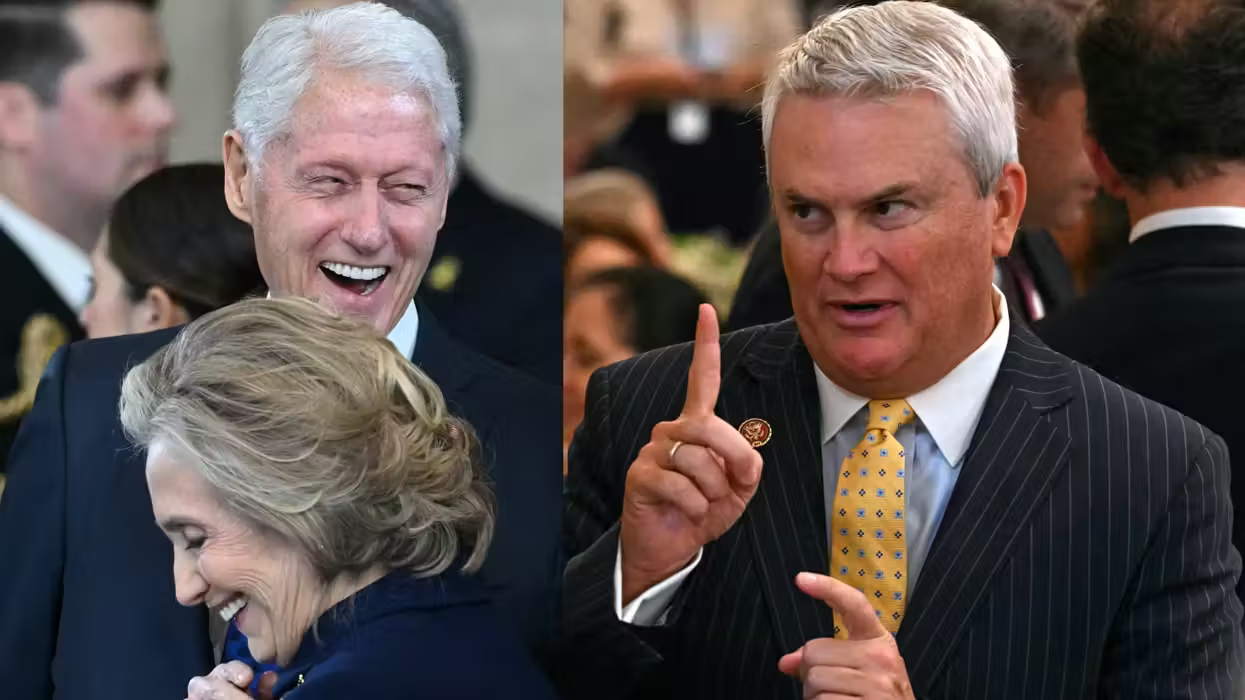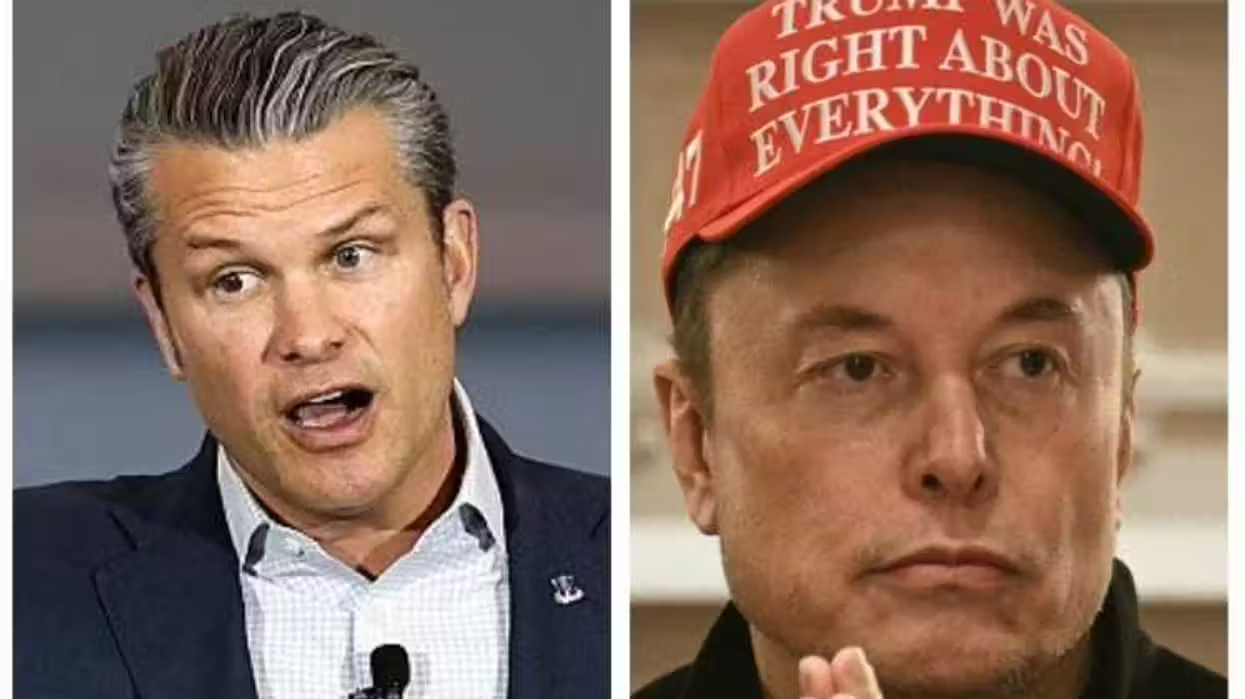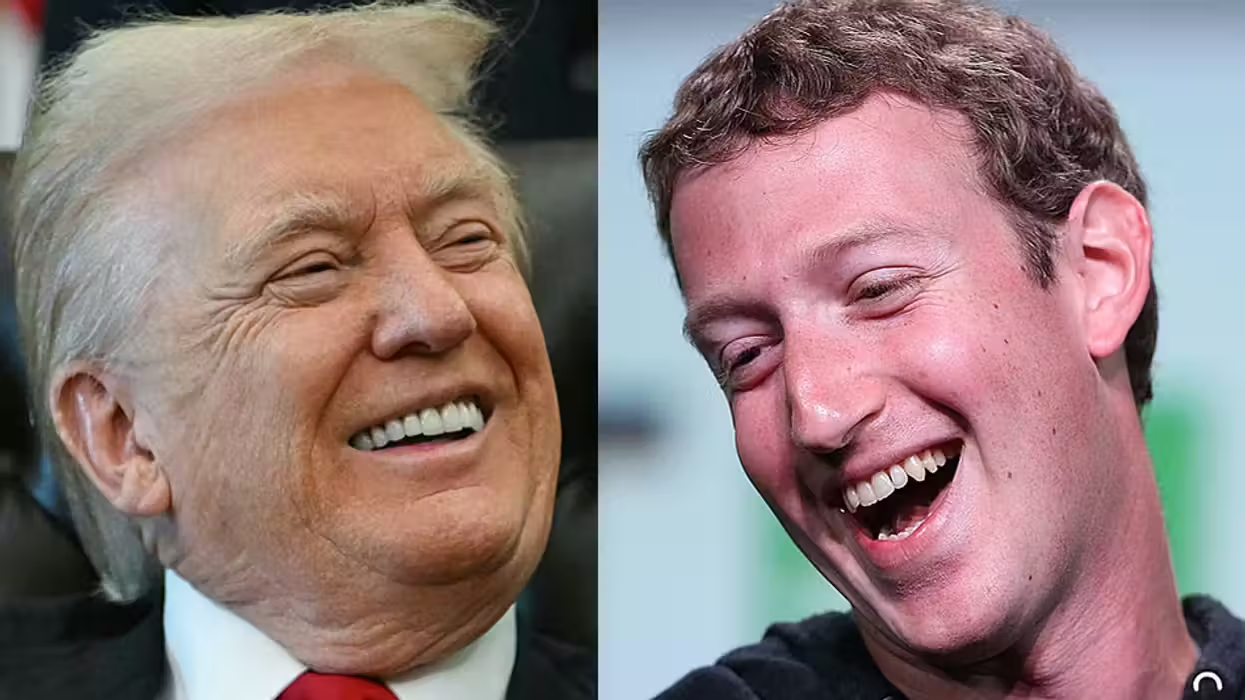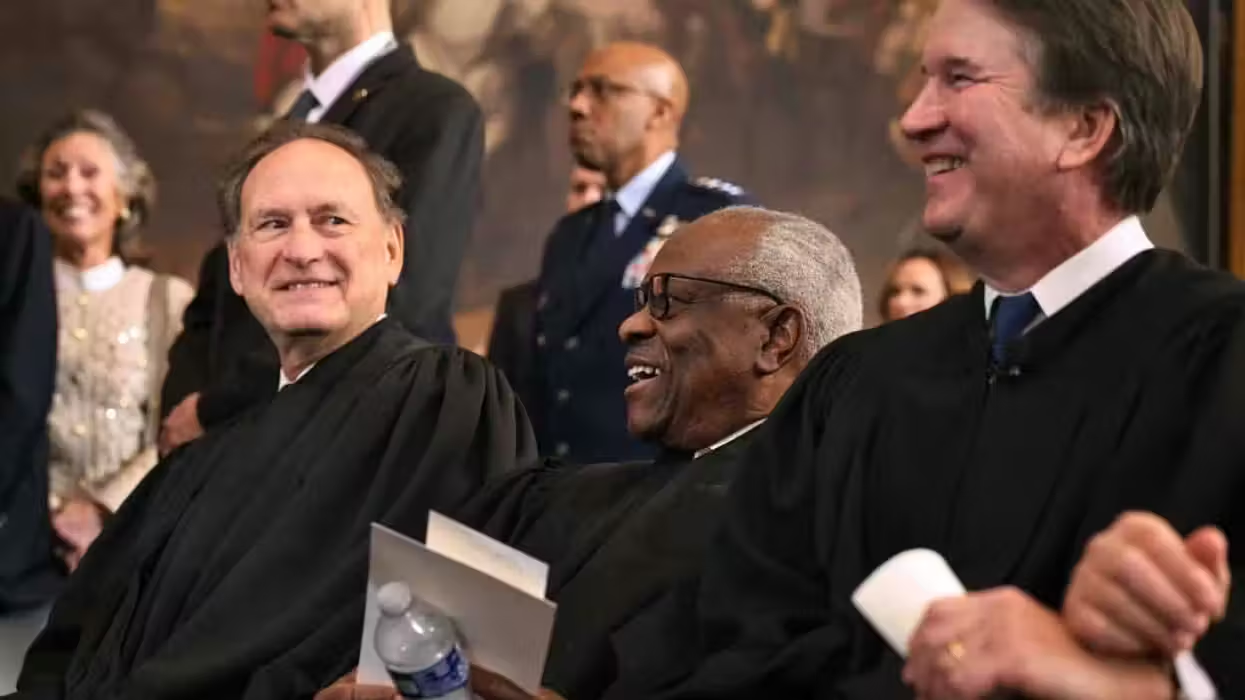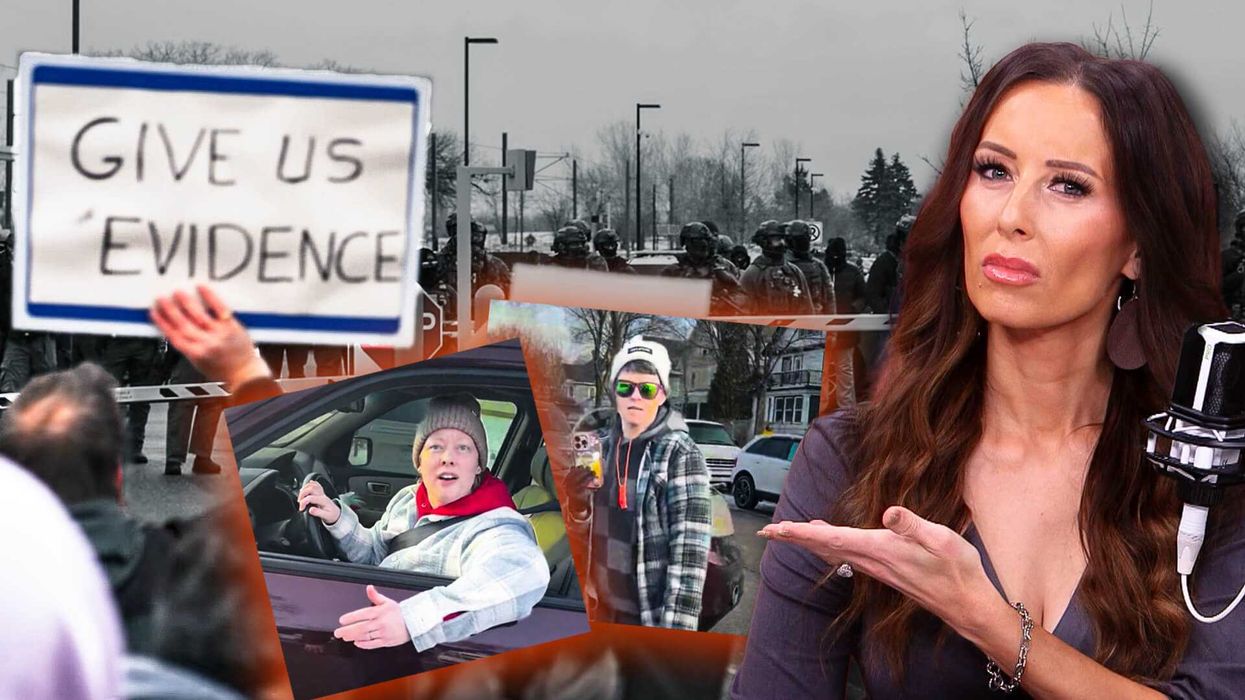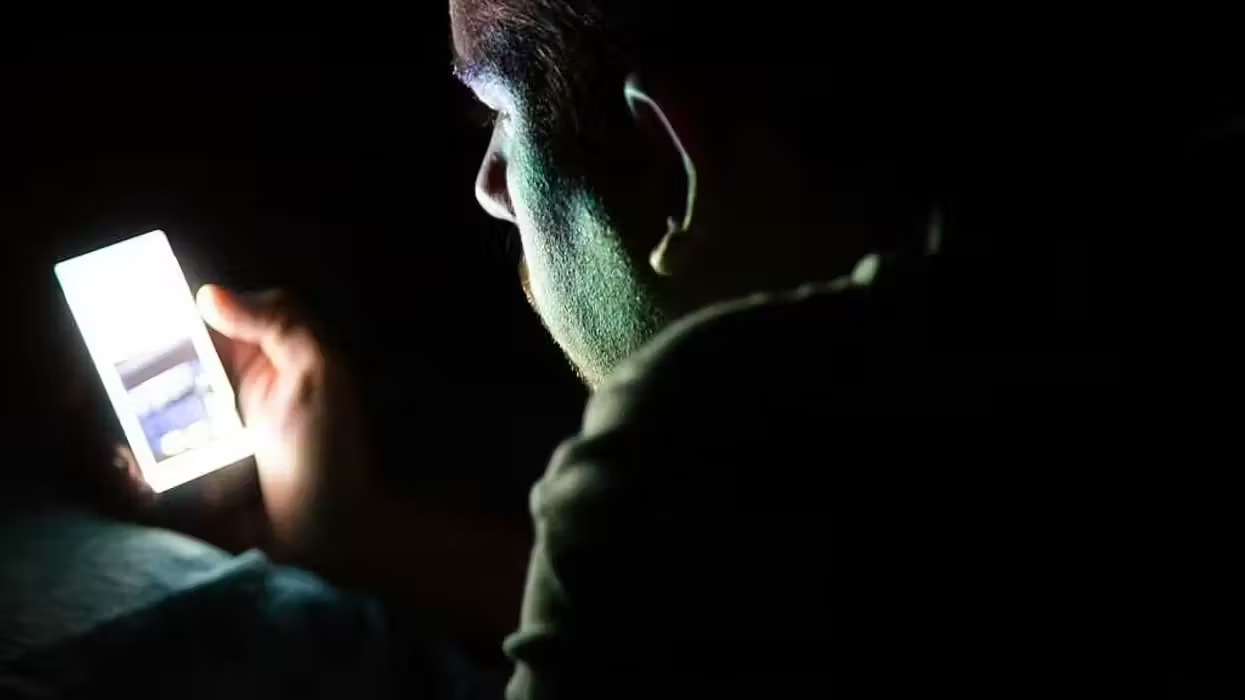
© 2026 Blaze Media LLC. All rights reserved.
Obama's Faith Advisory Council Has 'Gone Dark' & Stagnant as Fight With Religious Groups Ramps Up
February 28, 2012
"the mysterious, disappearing faith-based council"

It's no secret that President Barack Obama is facing an uphill battle among people of faith. Sure, some religious progressives may agree wholeheartedly with his administration's decision to mandate that religiously-affiliated institutions violate their consciences. But the resounding voices standing against this regulation and speaking out in favor of religious freedom may pose quite a problem for the nation's leader as he seeks out a second term in November.
At a time during which Obama could desperately use the support of faith leaders, it seems his council of religious advisers, much like his relations with Catholic leaders, has gone, as Politico notes, "dark." While his initial weeks in office offered people of faith the promise that he would be in-tune with their needs, it seems the structure of religious leadership he had setup and assembled with great fanfare has since dwindled and gone unused. Politico has more:
The president’s first Advisory Council on Faith-Based and Neighborhood Partnerships delivered a 163-page report in March 2010 and then disbanded. The second council has waited more than a year for a full slate of appointees and has yet to meet. And the hottest issue — whether religious groups that receive public money can discriminate in hiring — remains unresolved more than three years after Obama promised to address it.

In Feb. 2011, Obama did nominate 12 faith leaders to the new council, but the full group cannot meet until all of the slots are filled. Despite its clear stagnancy, Joshua DuBois, Executive Director of The White House Office of Faith-based and Neighborhood Partnerships, has spoken as though the initiative is still active and of great importance to the administration.
"President Obama continues to expand and strengthen faith-based initiatives and the faith-based advisory council is an important part of that effort," he said in a written statement. "Advising the president on our ongoing partnership with faith-based groups and other nonprofits around the country is critical and we are committed to ensuring they have as much impact as possible."
The Rev. Barry W. Lynn, the executive director of Americans United for Separation of Church and State and the chair of the first council, though, is speaking quite differently. In fact, he calls the Advisory Council, "the mysterious, disappearing faith-based council." Politico notes that the lack of activity taking place on the faith front, especially the notion that the council has been floating around in uncertainty, is particularly notable considering the administrations ongoing battle with the Catholic Church.

The fallout from the contraception mandate has given Republican candidates a boilerplate to portray Obama as a president who attacks religion and cares little for First Amendment liberties. Also, GOP presidential contender Rick Santorum, among others, has been fervent in questioning Obama's personal faith. Faith leaders like the Rev. Franklin Graham have recently made some intriguing comments about Obama's Christian faith as well.
Had the council of faith leaders been available to advise the president throughout this recent storm, perhaps the administration could have anticipated some of the backlash it received. Apparently, following the Jan. 20 announcement of the mandate, some of the original members of the council came forward and pressed the White House to reconsider its stance.
"It would have been the council’s role to weigh in, and we did individually," explained Arturo Chavez, president of the Mexican American Catholic College in San Antonio, Texas, and an original council member. "There was a failure somewhere in really weighing the consequences of this, and I don’t think the president was advised sufficiently about the consequences with the faith community."

While others reflected this same sentiment, Politico provides more background information about the council's power and influence, particularly over policy decisions:
Any kind of formal action by the full council wouldn’t have been likely, given its narrow mandate to focus solely on how government can improve its partnerships with faith-based and nonprofit groups — controversial issues such as abortion and religious hiring were deemed off-limits from the start, irking some members. But individual appeals to the West Wing were always welcome, administration officials said.
The Advisory Council was announced in 2009 as a continuation of President George W. Bush's faith initiatives. Additionally, Political notes that Obama may have also used its formation to push against the notion that Republicans are better at connecting with religious communities. Politico continues:
Obama envisioned the council as the conduit for bringing a broader spectrum of ideological and religious voices into an overhauled Office of Faith-Based and Neighborhood Partnerships, which had been criticized in the Bush administration as too focused on directing money to conservative groups that could turn out voters. Obama’s initial appointees — a former Southern Baptist Convention leader, a Hindu, an Indian-American Muslim, progressive Jewish leaders and an openly gay nonprofit head, among others — gave it the feel of an unusual Washington experiment worth watching.
That experiment, though, isn't active enough to judge and by all accounts -- at least at the moment -- can only be described as ineffective and neglected. Yet many leftist faith leaders continue to defend the president on the faith and religion front. Last week, a conference call was held and many of those leaders who support the president's policies spoke as though the council hasn't lapsed in its operations.

The Rev. Peg Chemberlin, president emeritus of the National Council of Churches, for example, said that the administration's relationship with the faith community is stronger than ever. Additionally, she touted a supposed record number of partnerships with faith-based groups. The White House, too, sees the council -- at least the original one -- as highly effective, saying that 70 percent of its recommendations have been enacted.
Regardless of what happens with the second council, Obama has an uphill battle among people of faith. In addition to the contraception drama, the administration also attempted to challenge religious leaders' ministerial exemption. Earlier this year, officials lost this battle after asking the Supreme Court to throw out long-standing legal precedent that protects religious organizations from governmental regulations and intrusions.
We'll have to wait until November to see the full impact of the president's handling (or mishandling, depending with whom one is speaking) of faith issues, though it seems there are still plenty of religious progressives who are willing to defend his devotion to faith.
(H/T: Politico)
Some images provided by Shutterstock
Want to leave a tip?
We answer to you. Help keep our content free of advertisers and big tech censorship by leaving a tip today.
Want to join the conversation?
Already a subscriber?
Billy Hallowell is a digital TV host and interviewer for Faithwire and CBN News and the co-host of CBN’s "Quick Start Podcast."
Billy Hallowell
Billy Hallowell is a digital TV host and interviewer for Faithwire and CBN News and the co-host of CBN’s "Quick Start Podcast."
more stories
Sign up for the Blaze newsletter
By signing up, you agree to our Privacy Policy and Terms of Use, and agree to receive content that may sometimes include advertisements. You may opt out at any time.
Related Content
© 2026 Blaze Media LLC. All rights reserved.
Get the stories that matter most delivered directly to your inbox.
By signing up, you agree to our Privacy Policy and Terms of Use, and agree to receive content that may sometimes include advertisements. You may opt out at any time.

